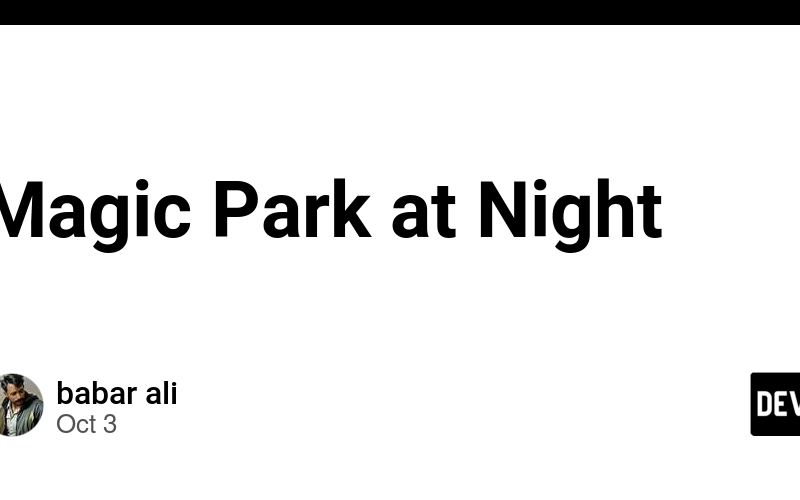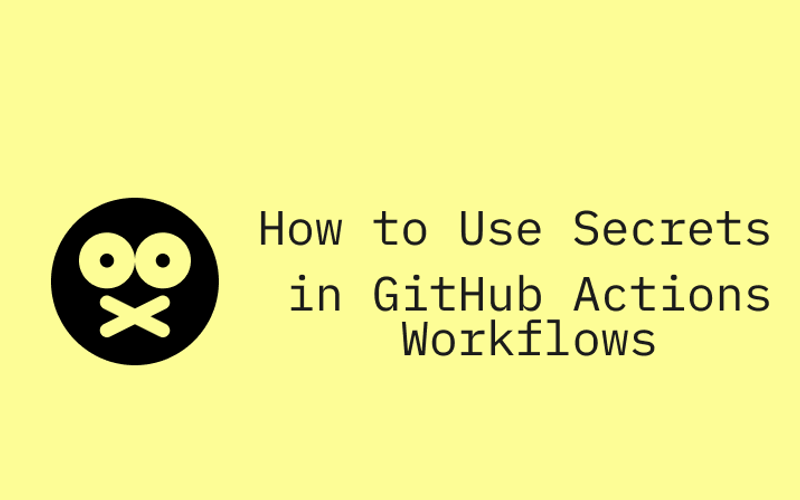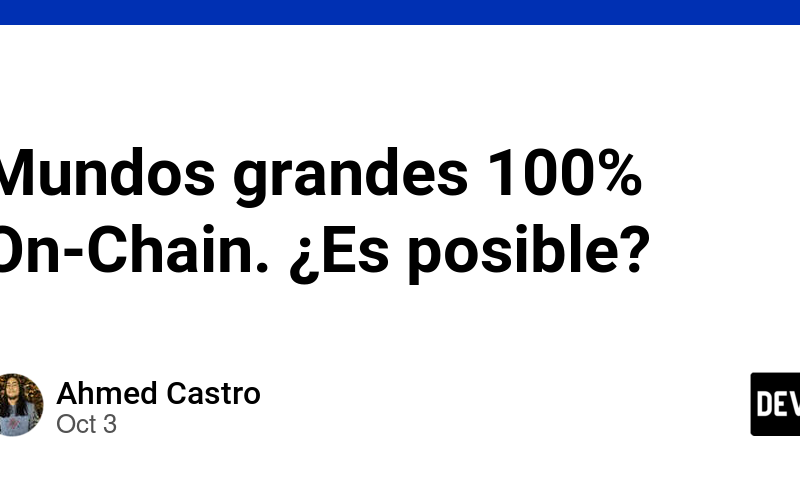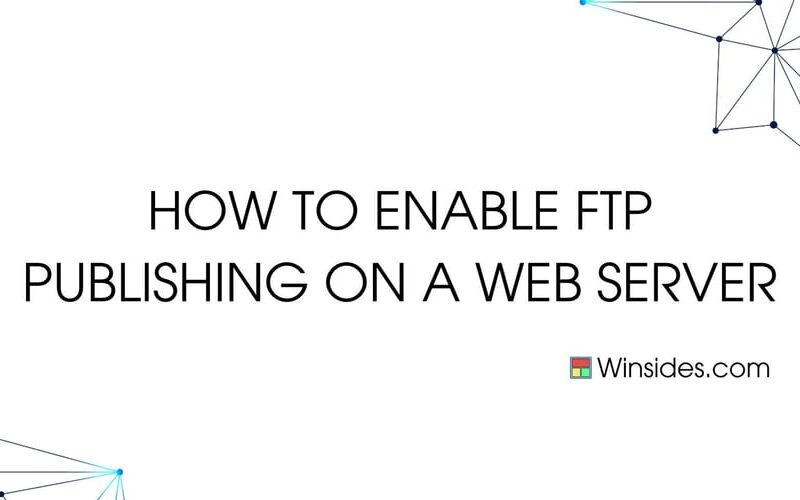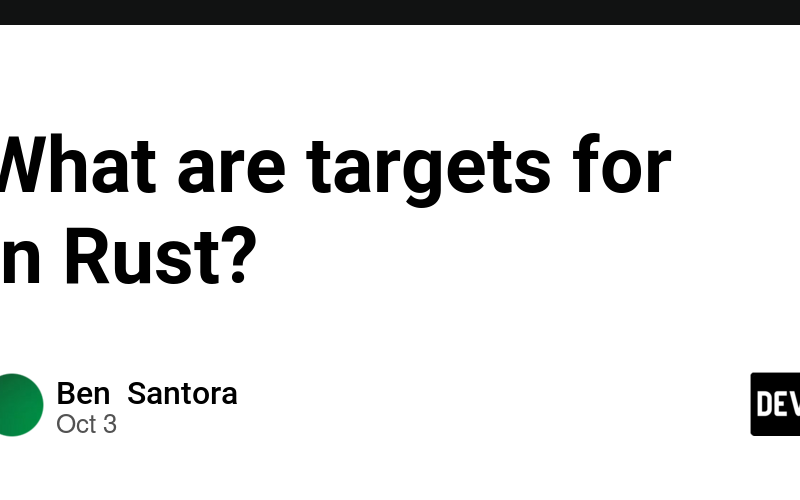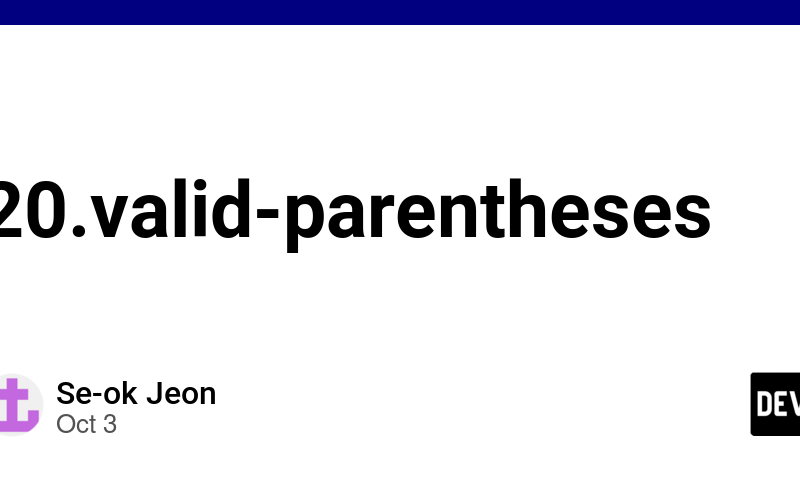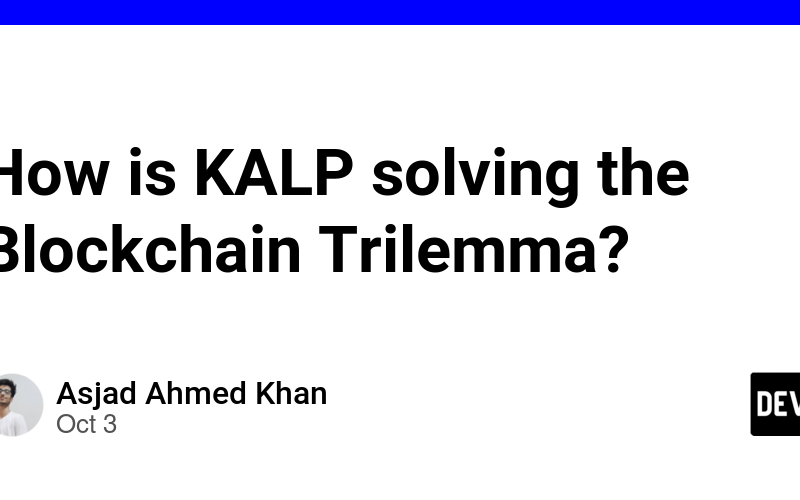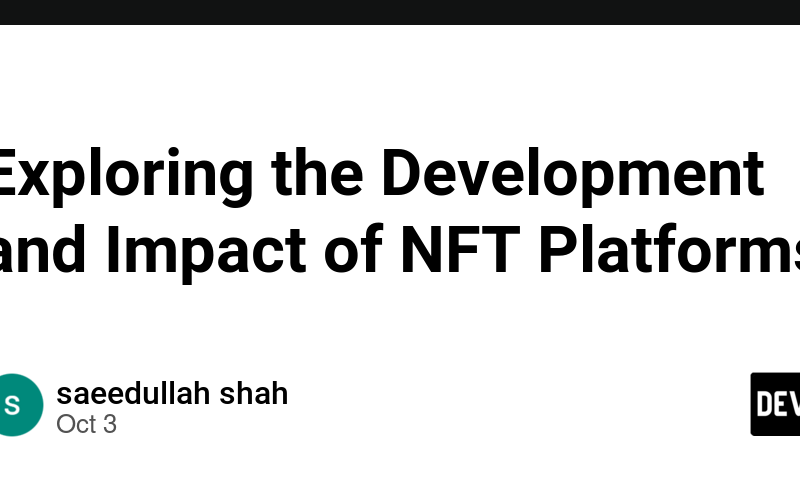Following the recent trends in Blockchain and decentralised application development, smart contracts have become the backbone of countless digital platforms. As web3 enthusiasts know, smart contracts have traditionally been written in languages like Solidity, which we all know has been closely linked with the Ethereum blockchain. However, with the rise of various blockchain ecosystems, there’s a growing demand for alternative programming languages that offer more flexibility, speed, and scalability. One language gaining attention is Go, also known as Golang, which is widely used in backend systems, cloud infrastructure, and blockchain development. KALP Studio, a leading platform for innovative contract development,…

